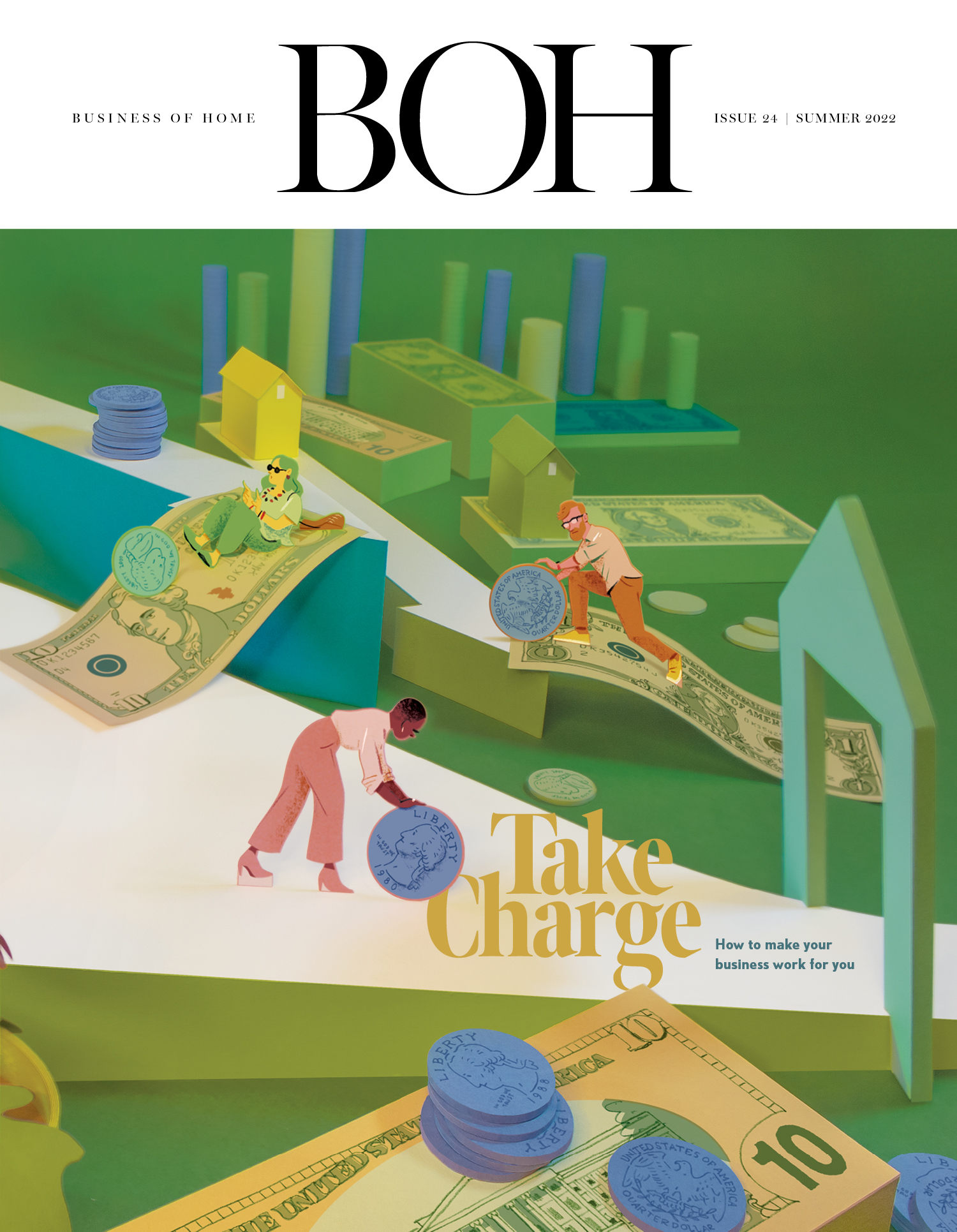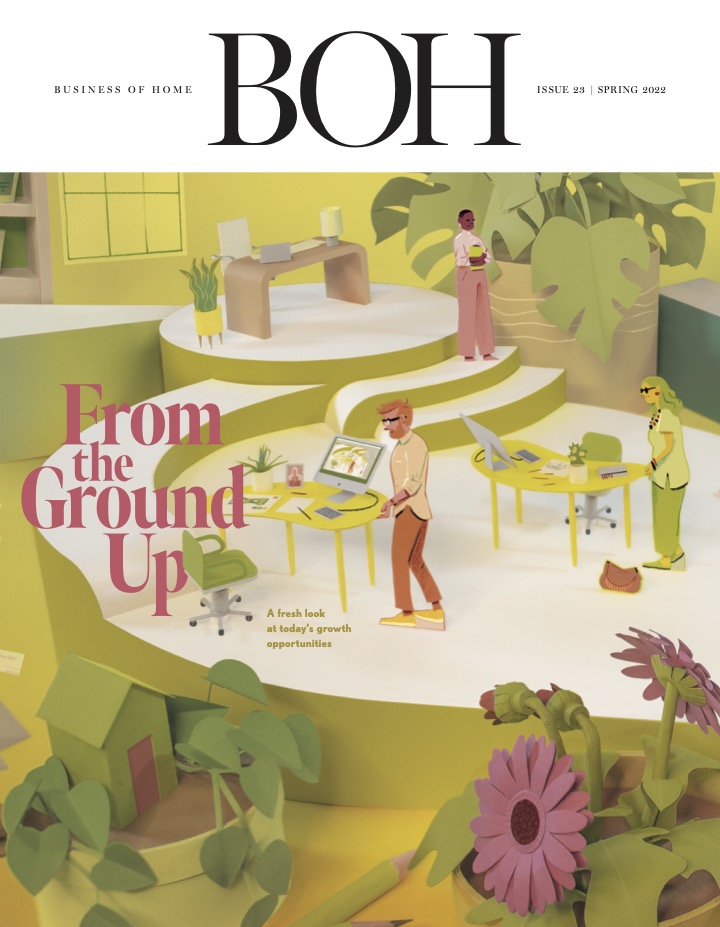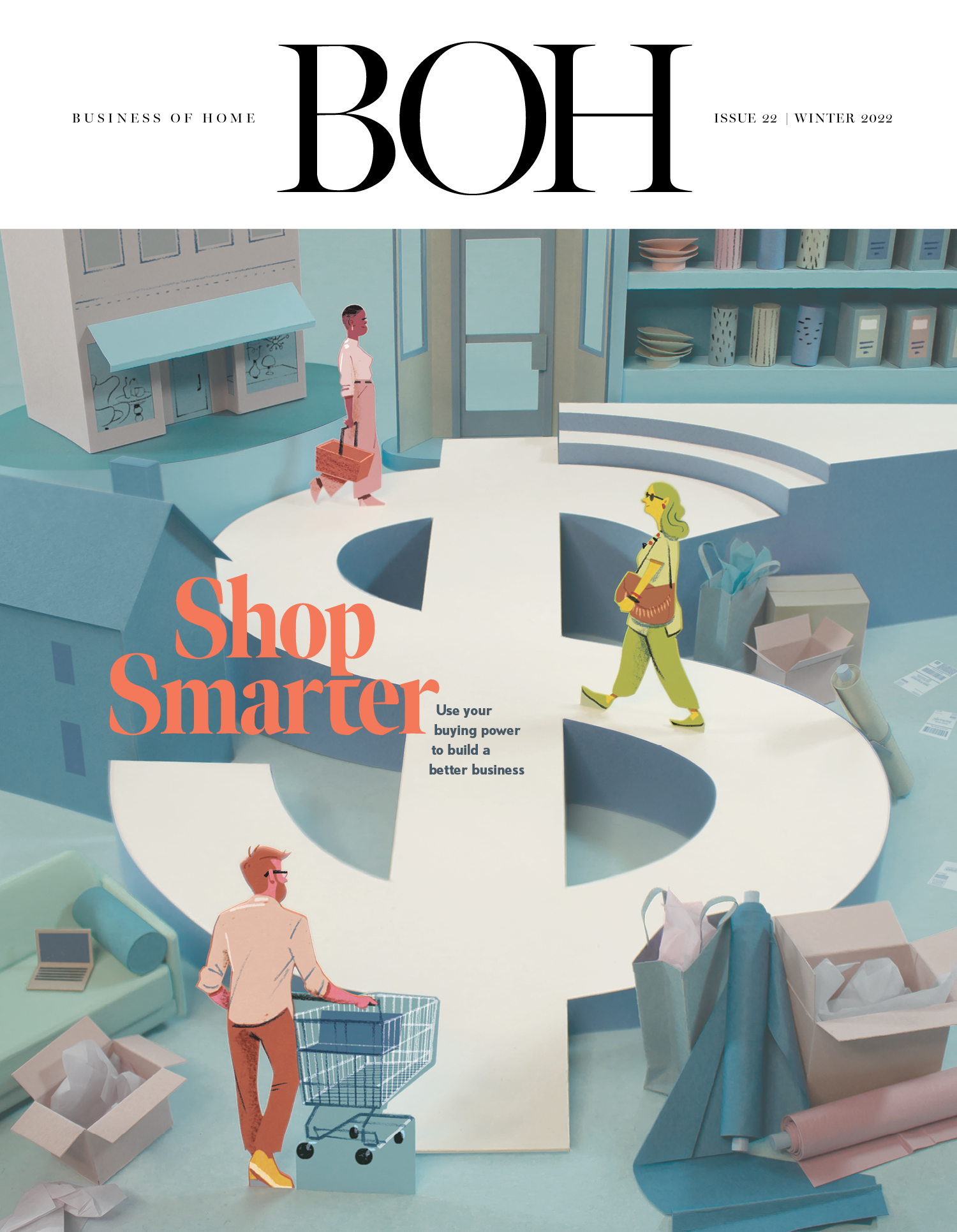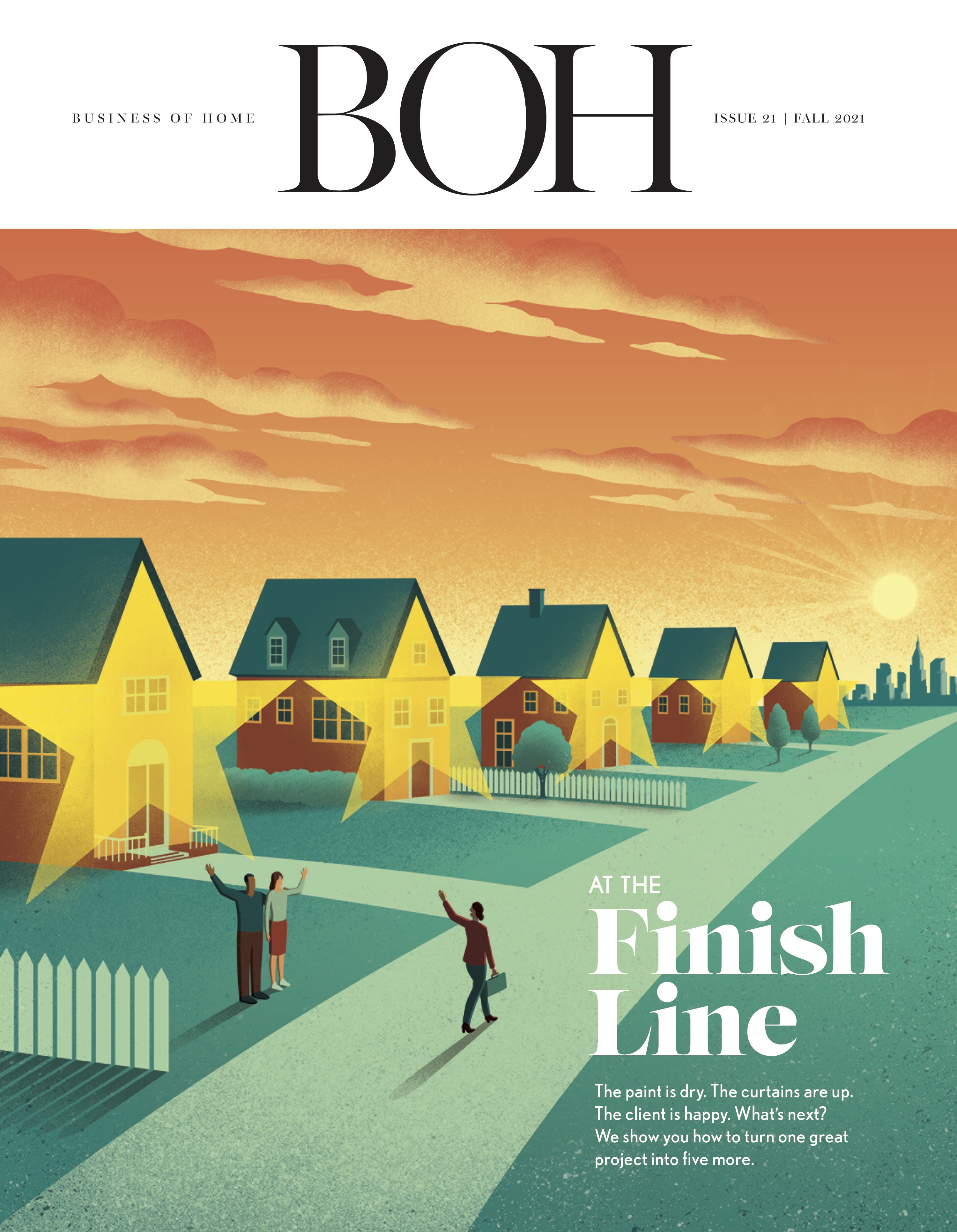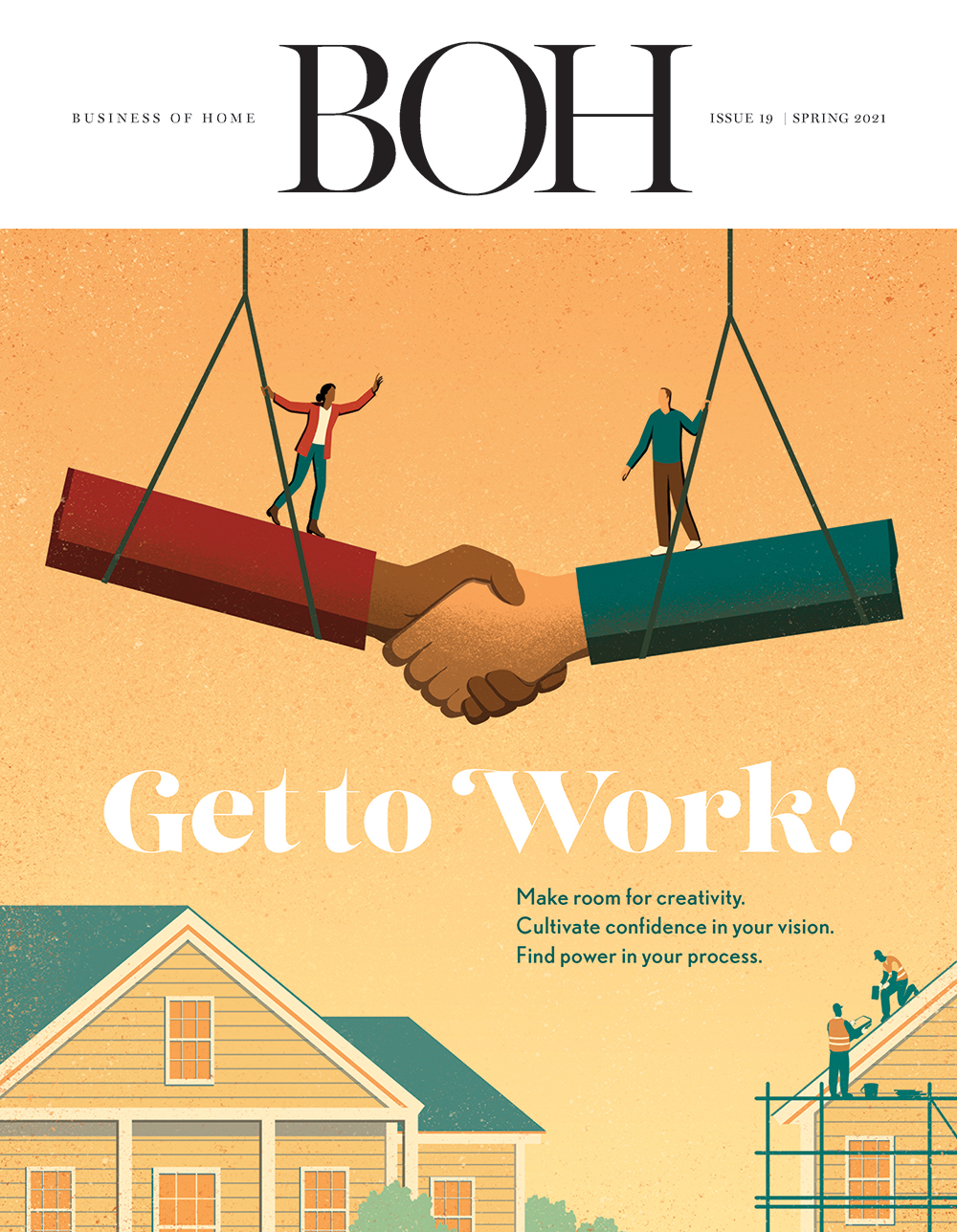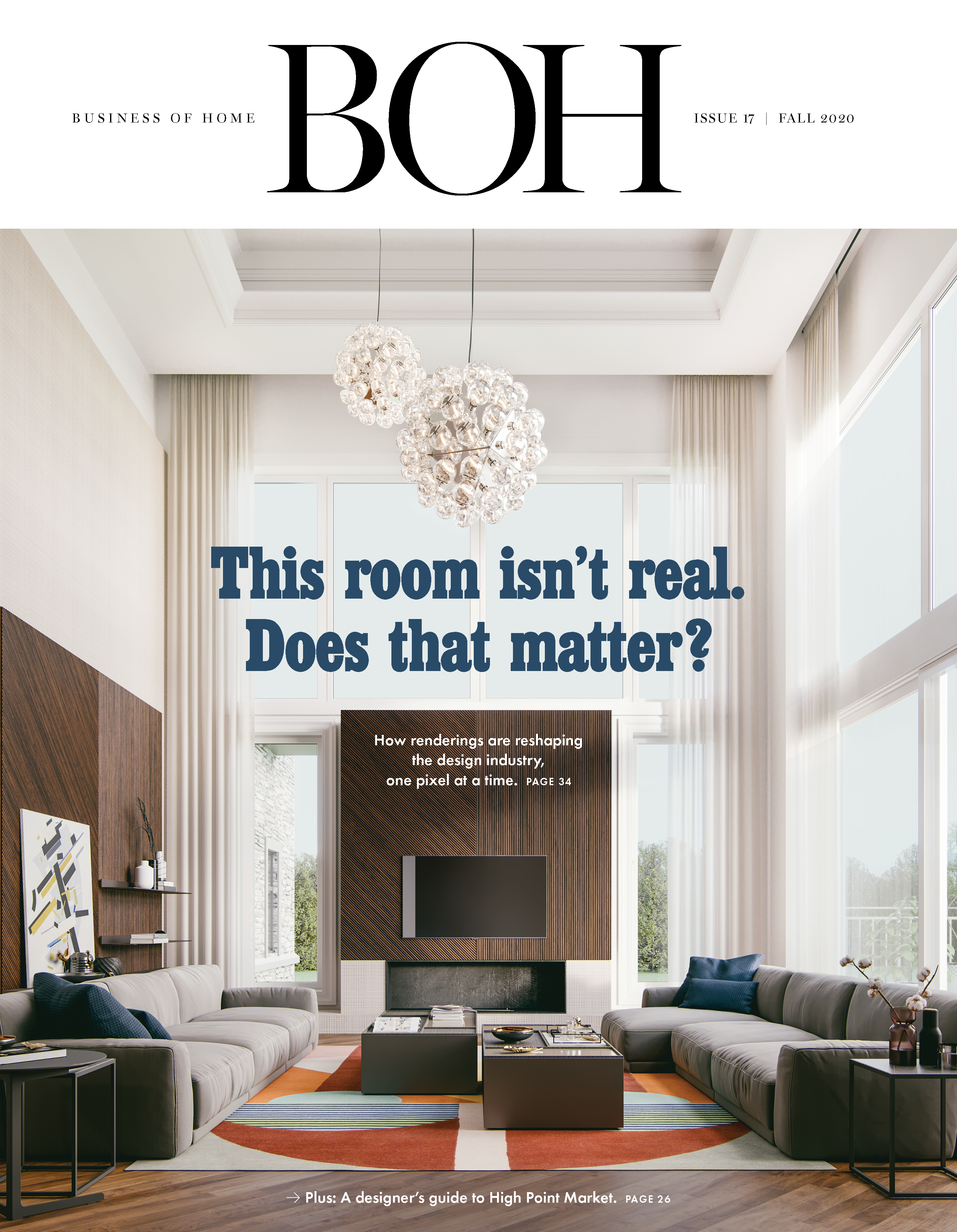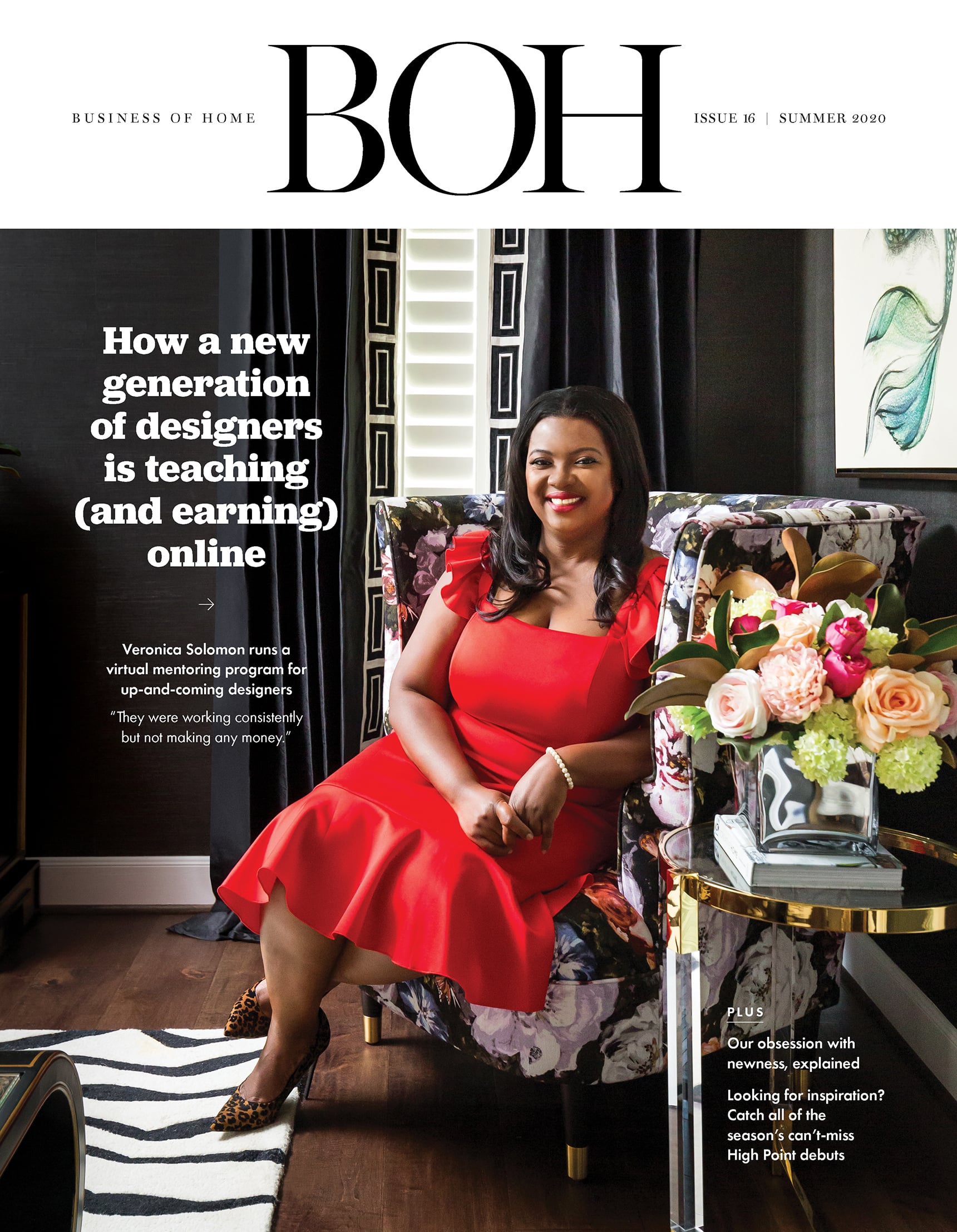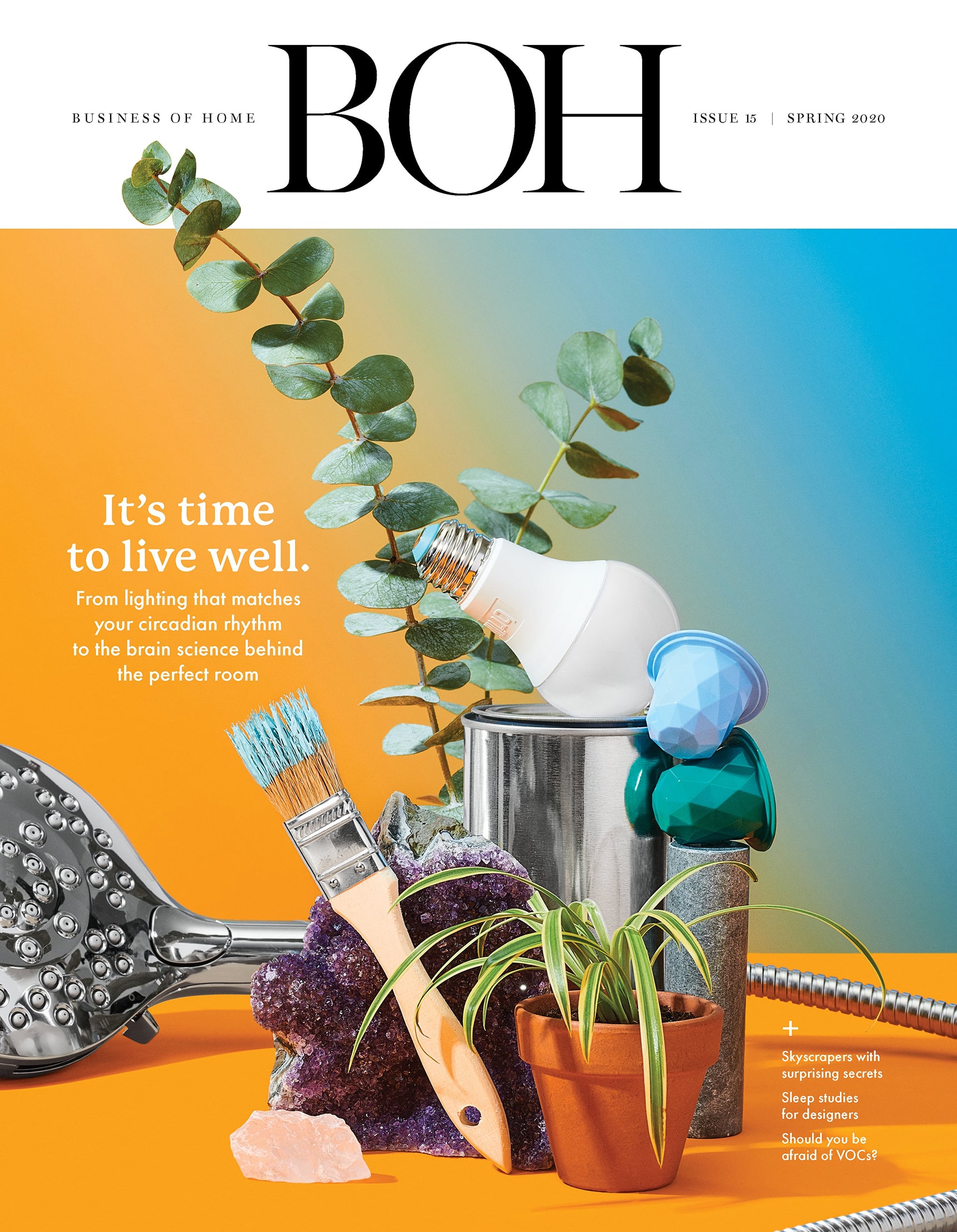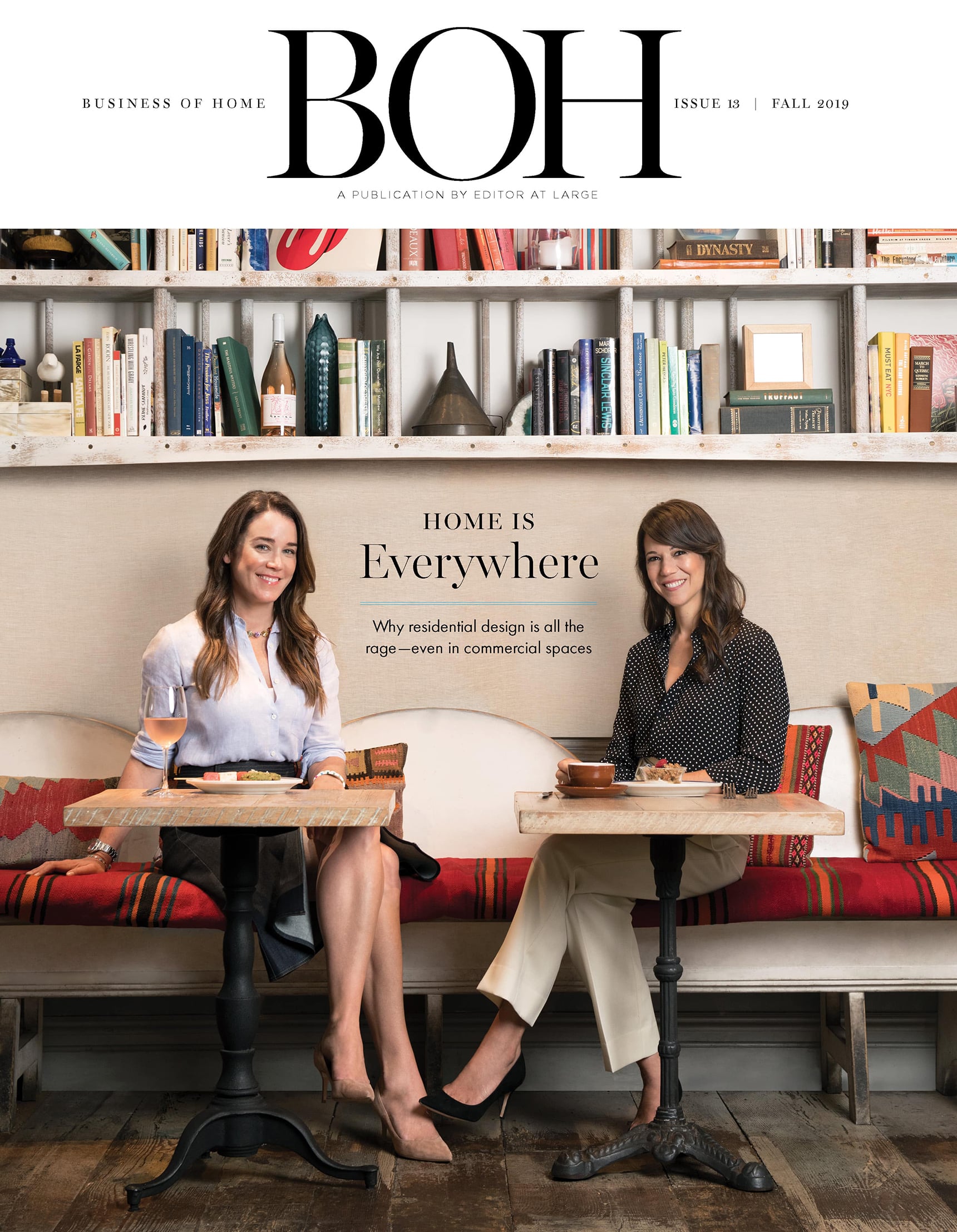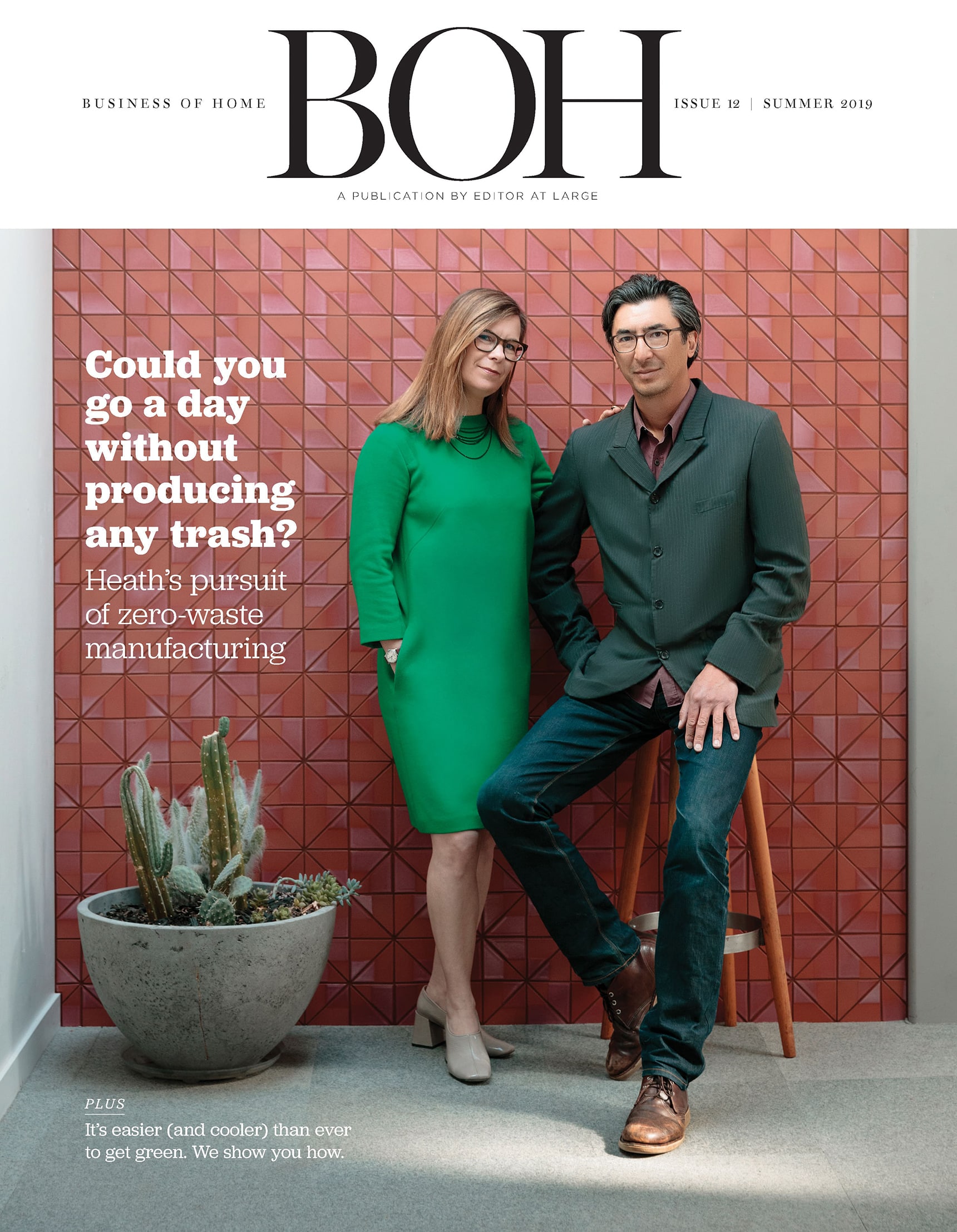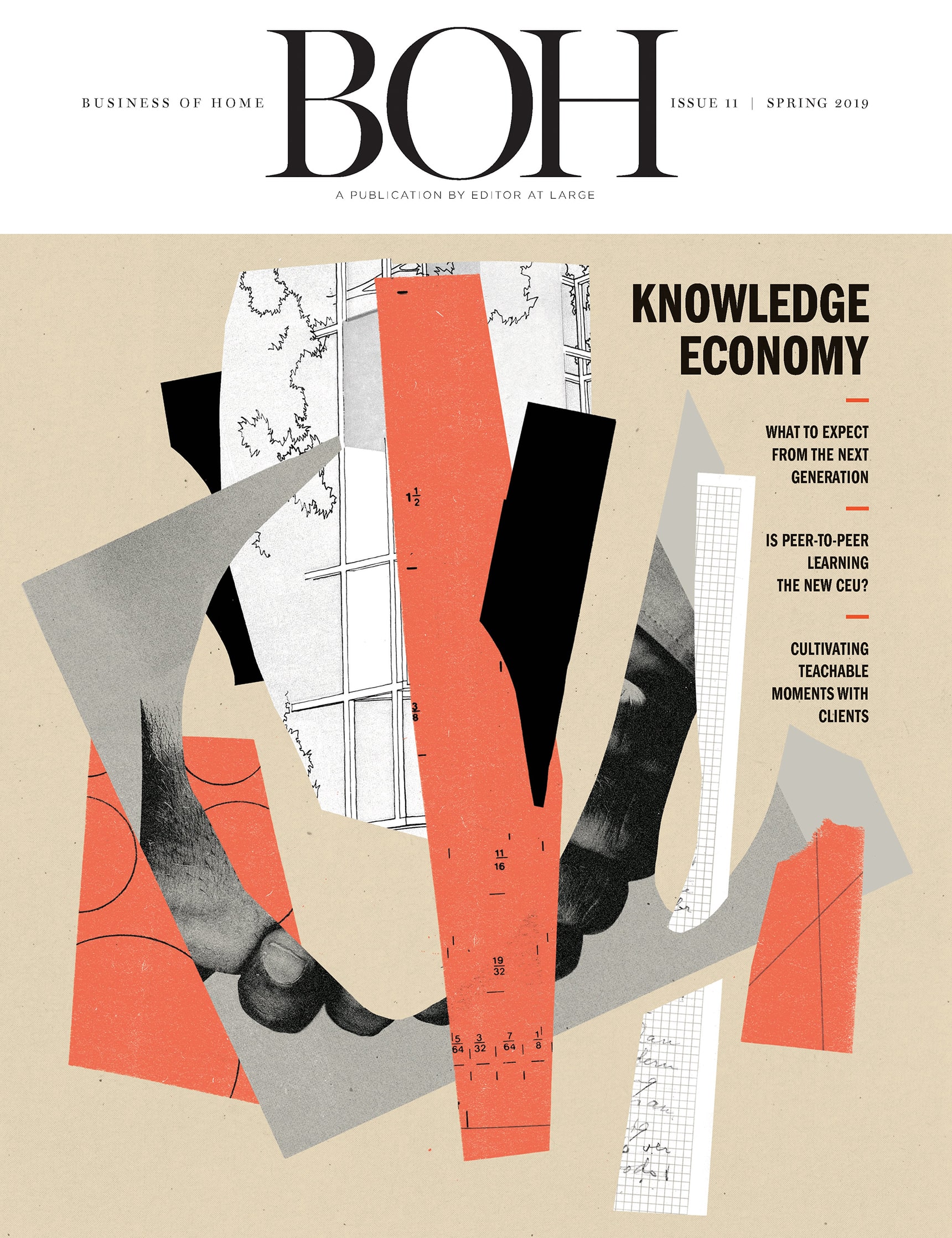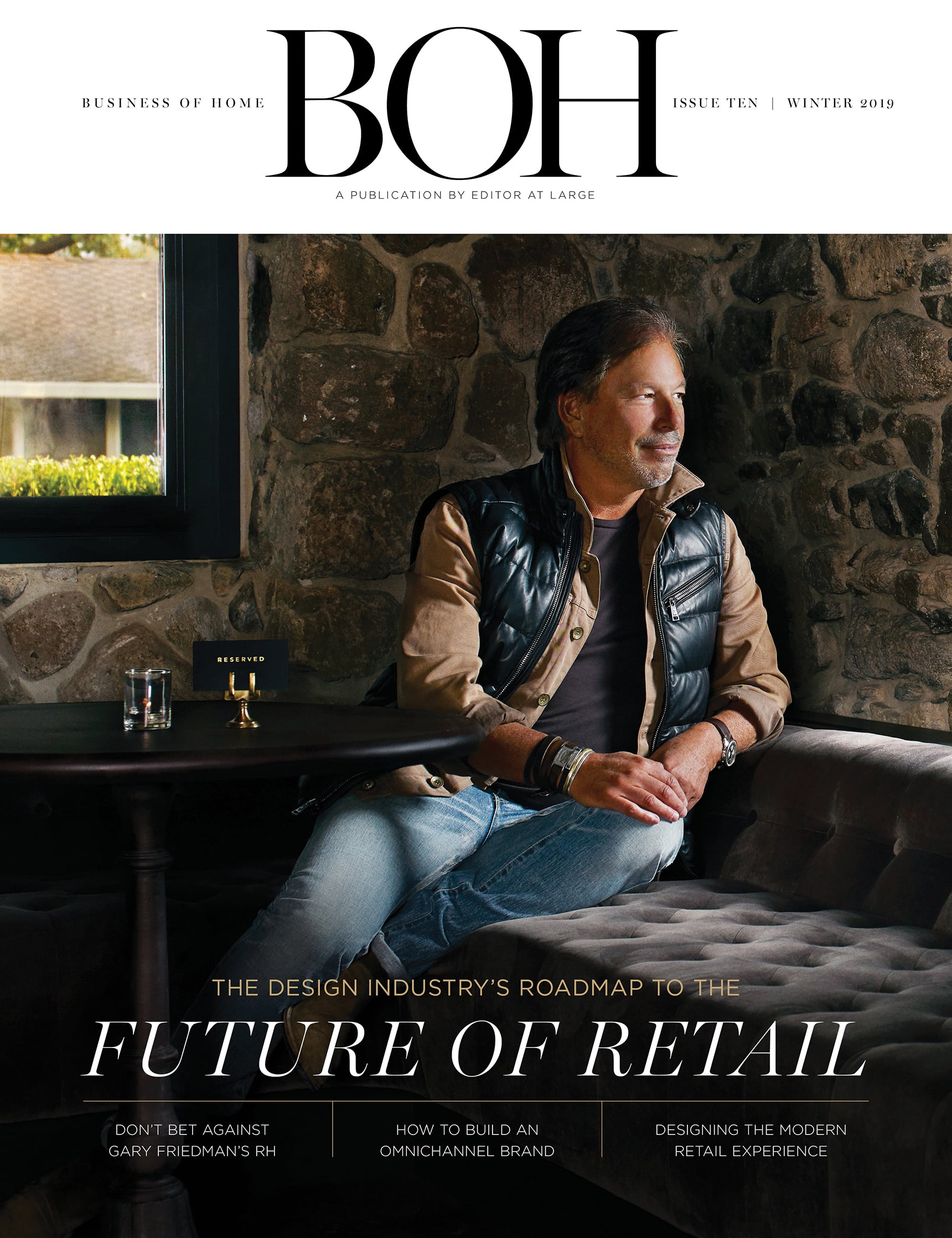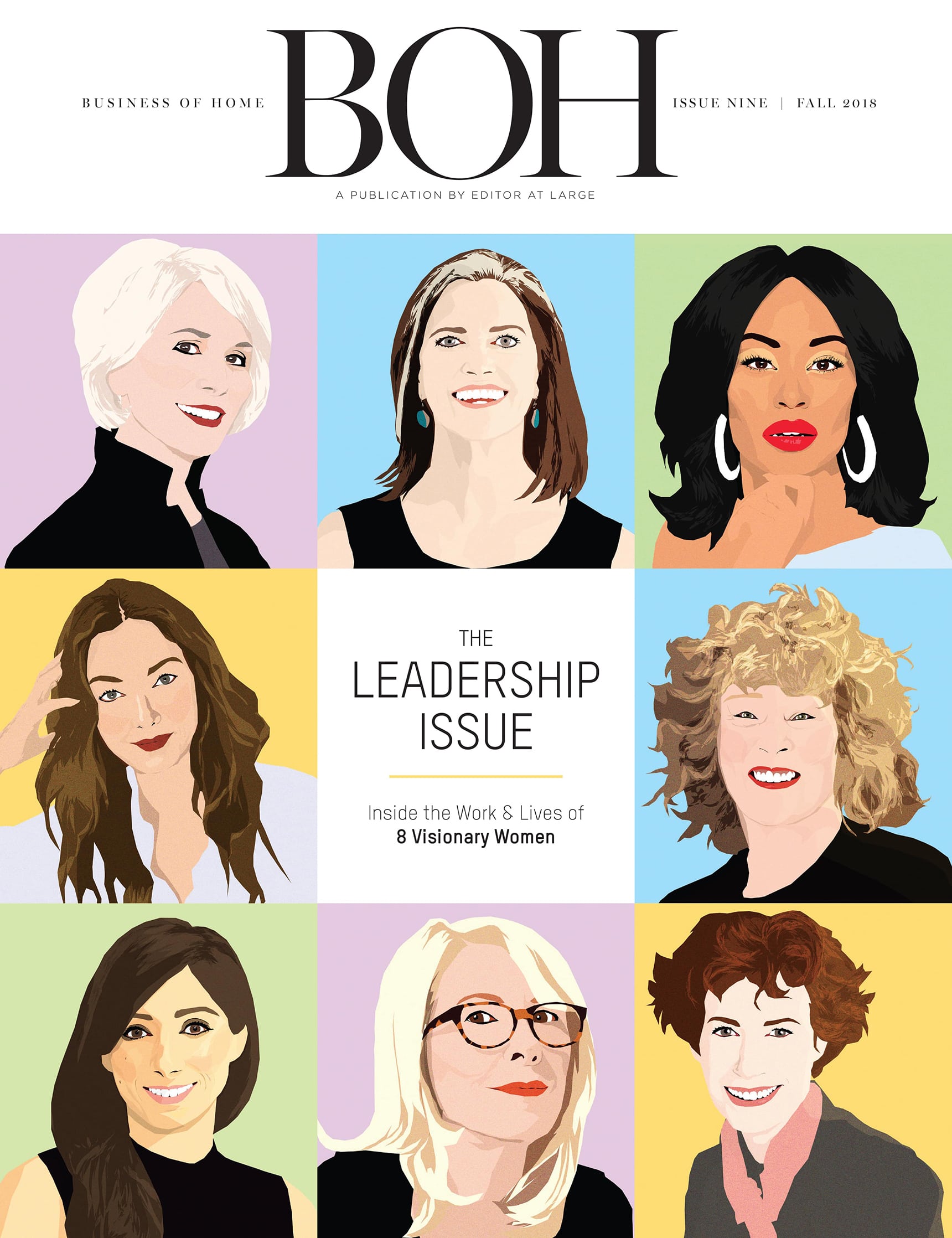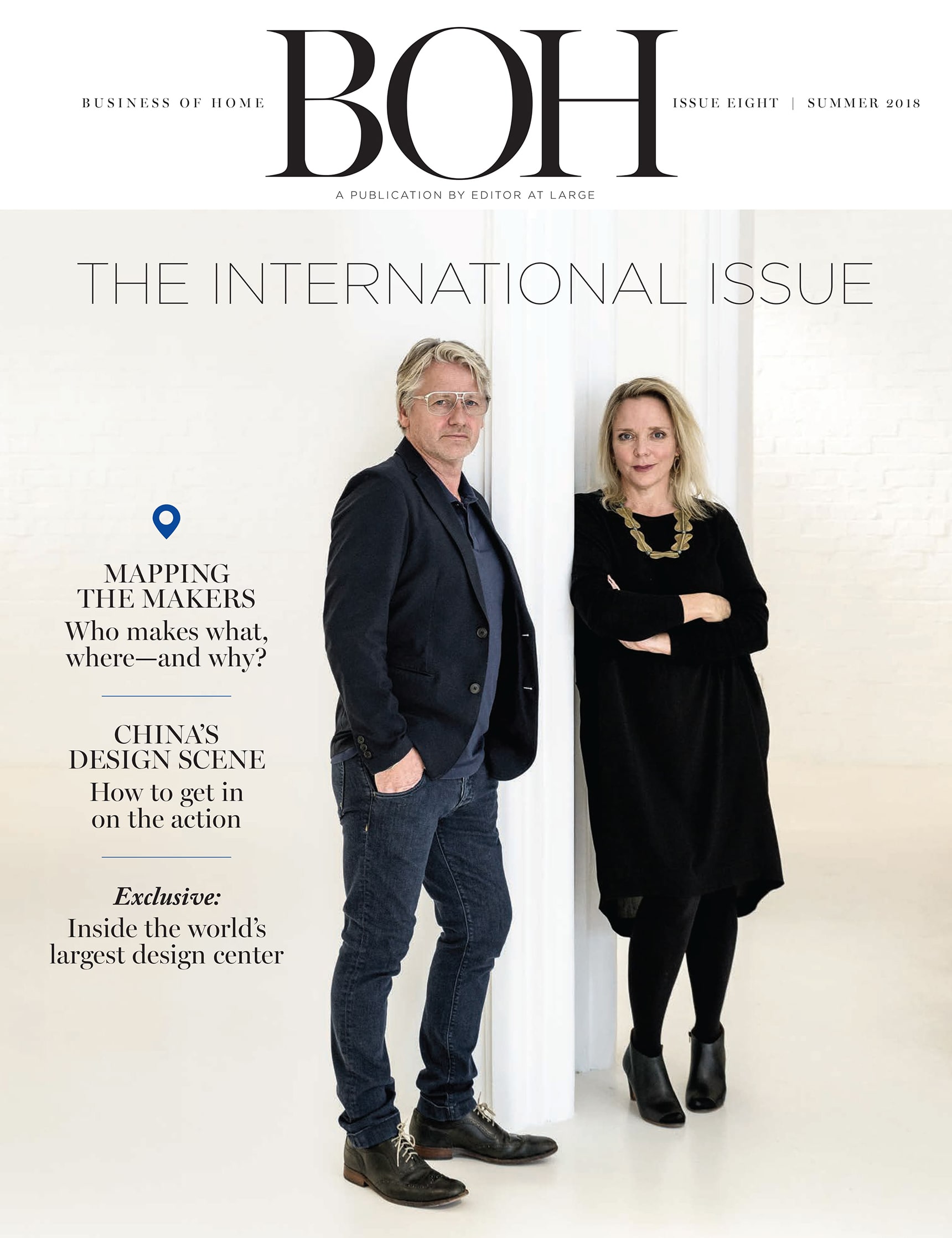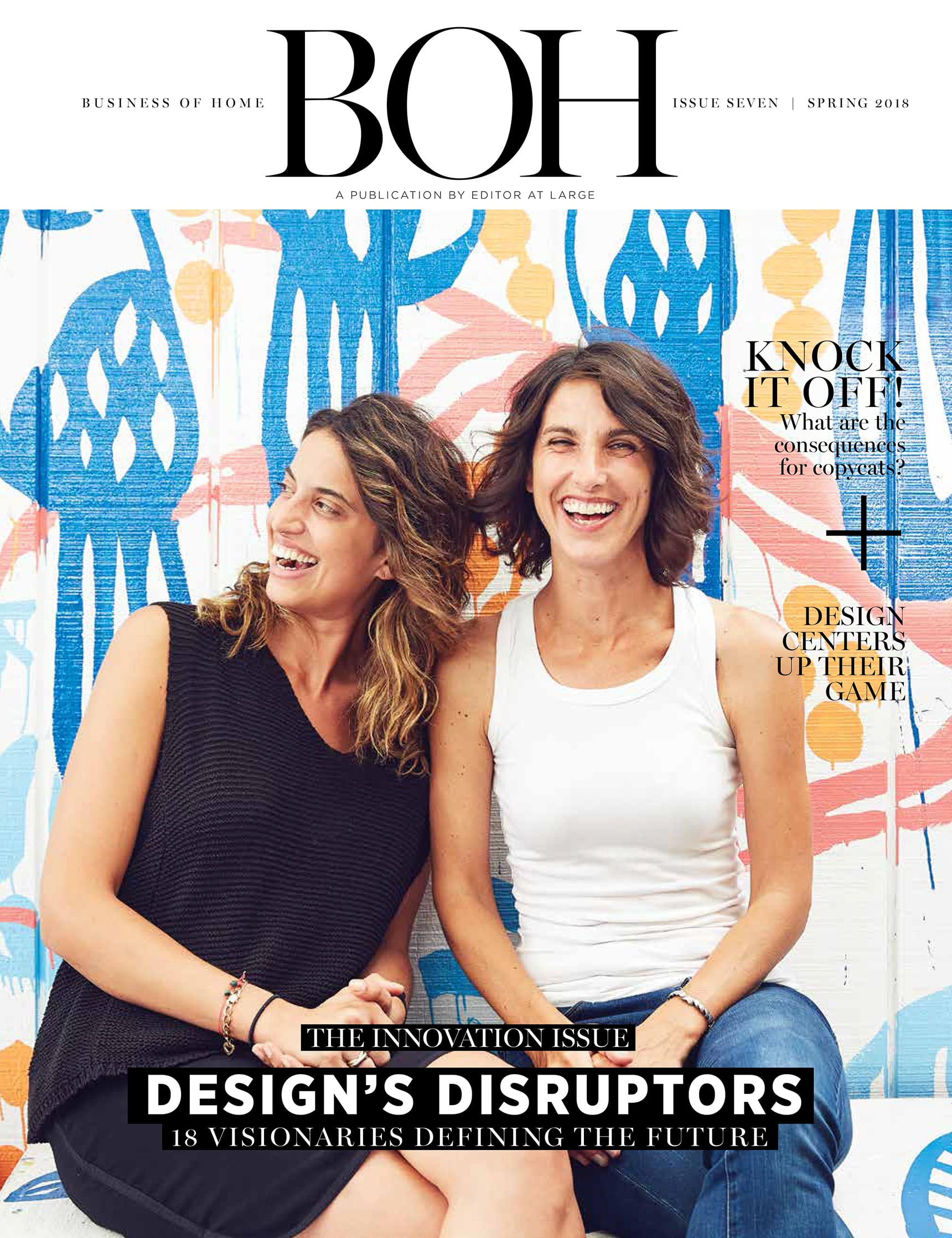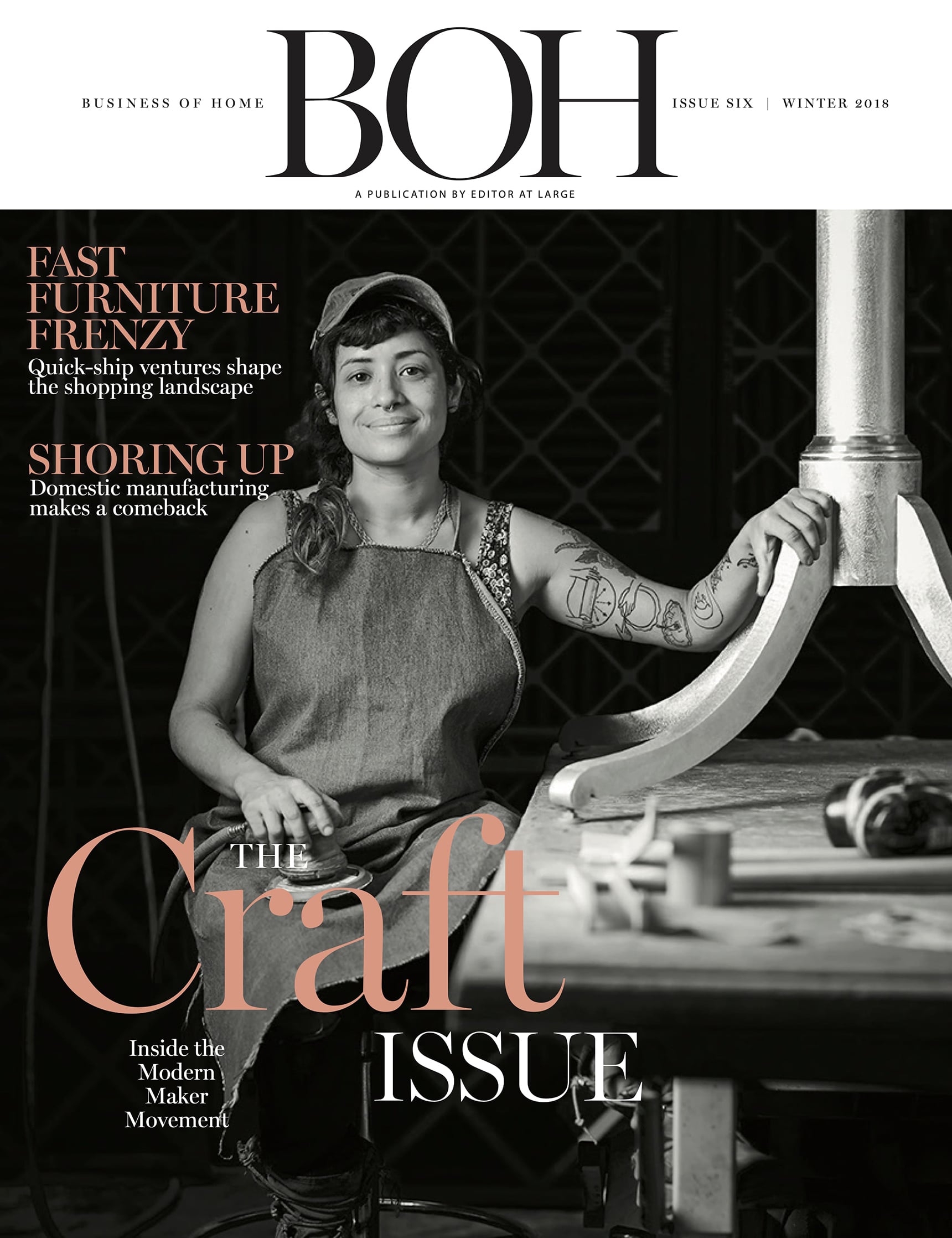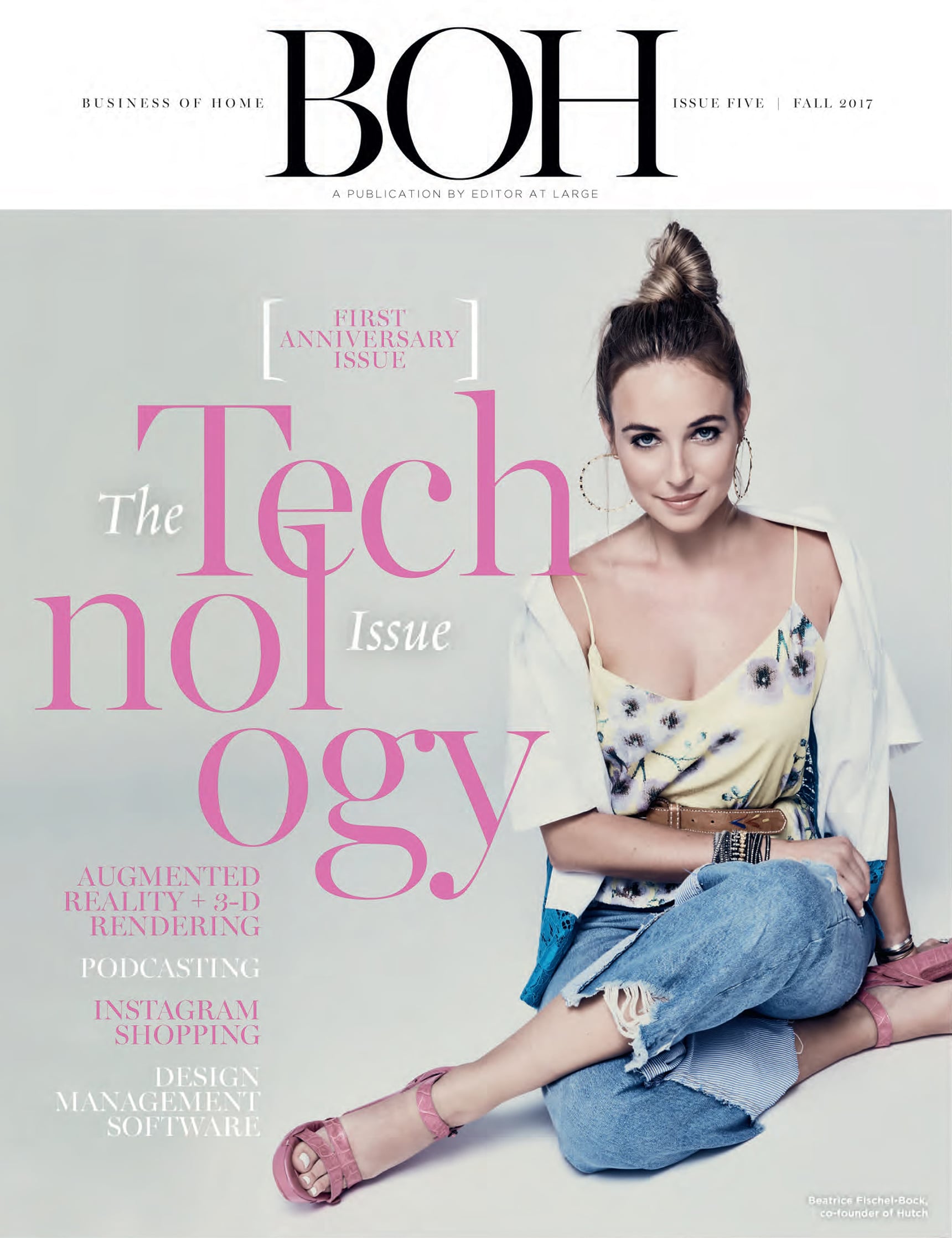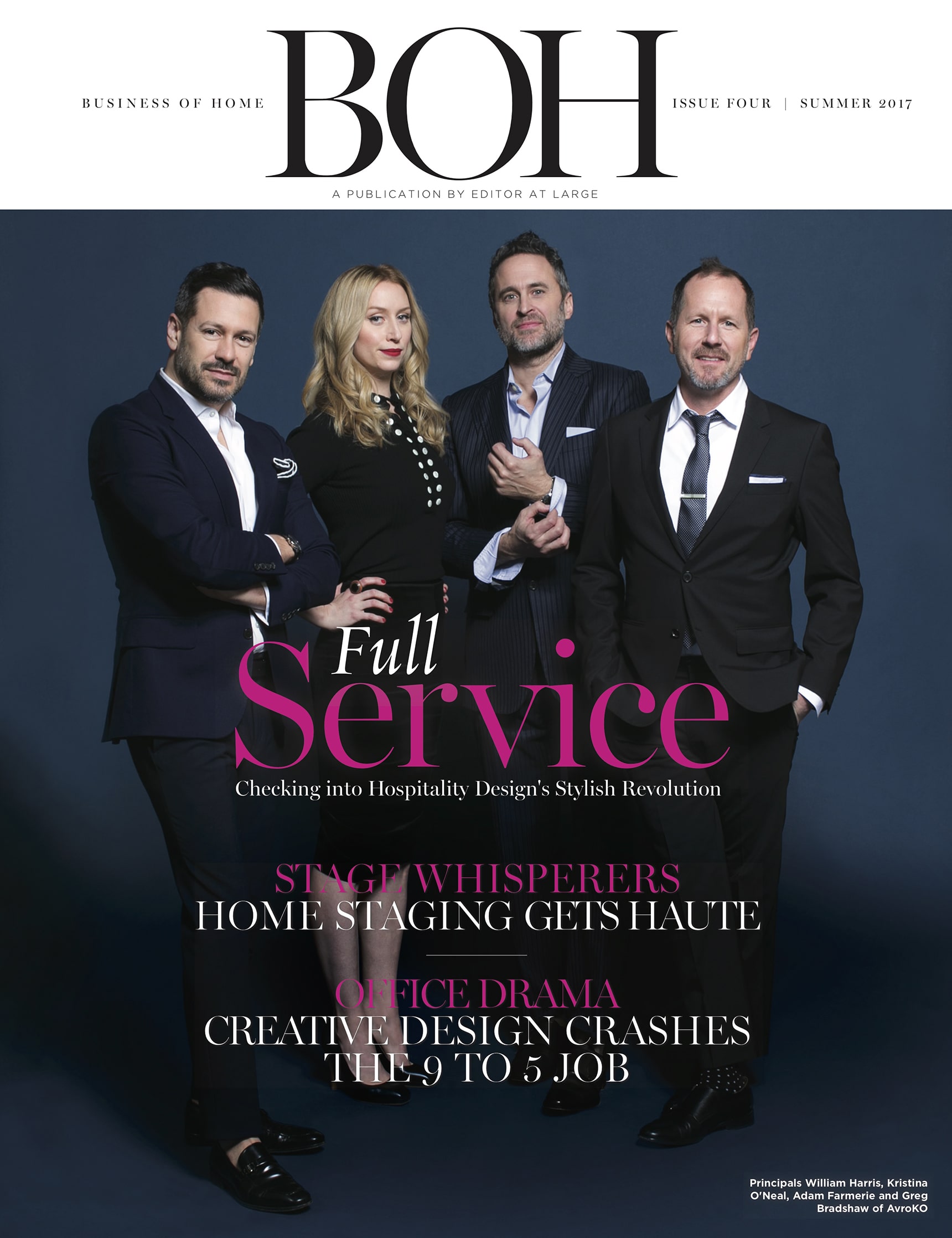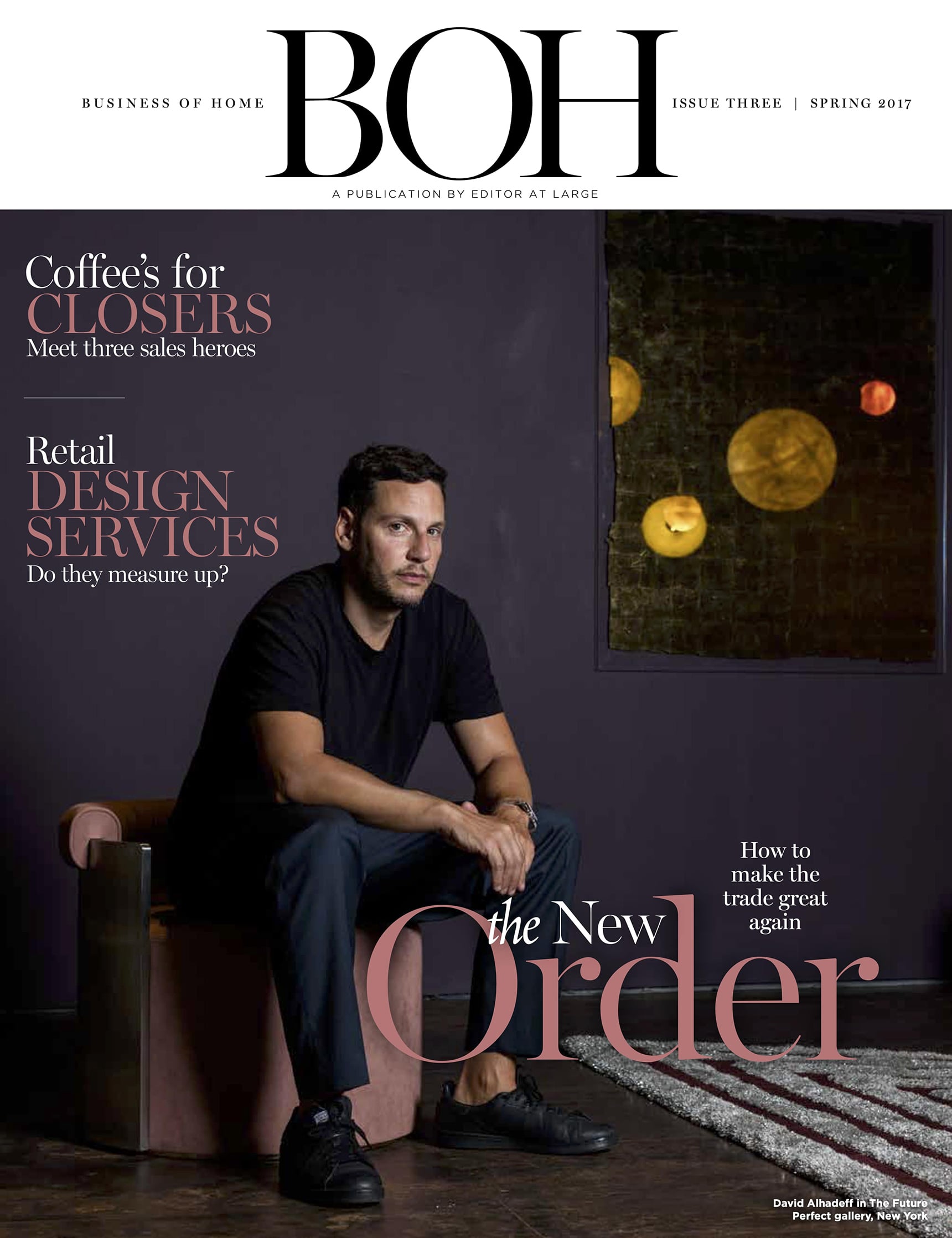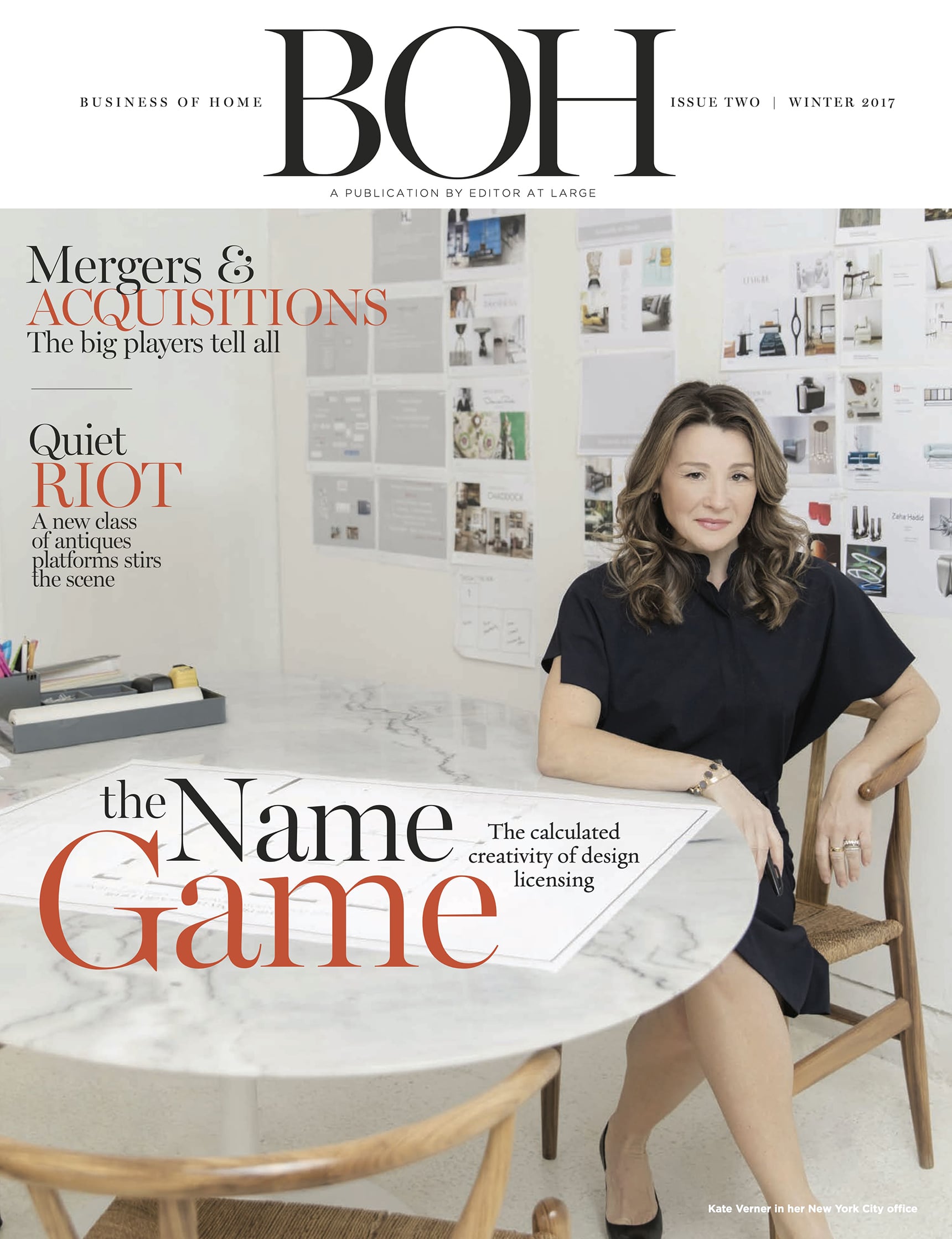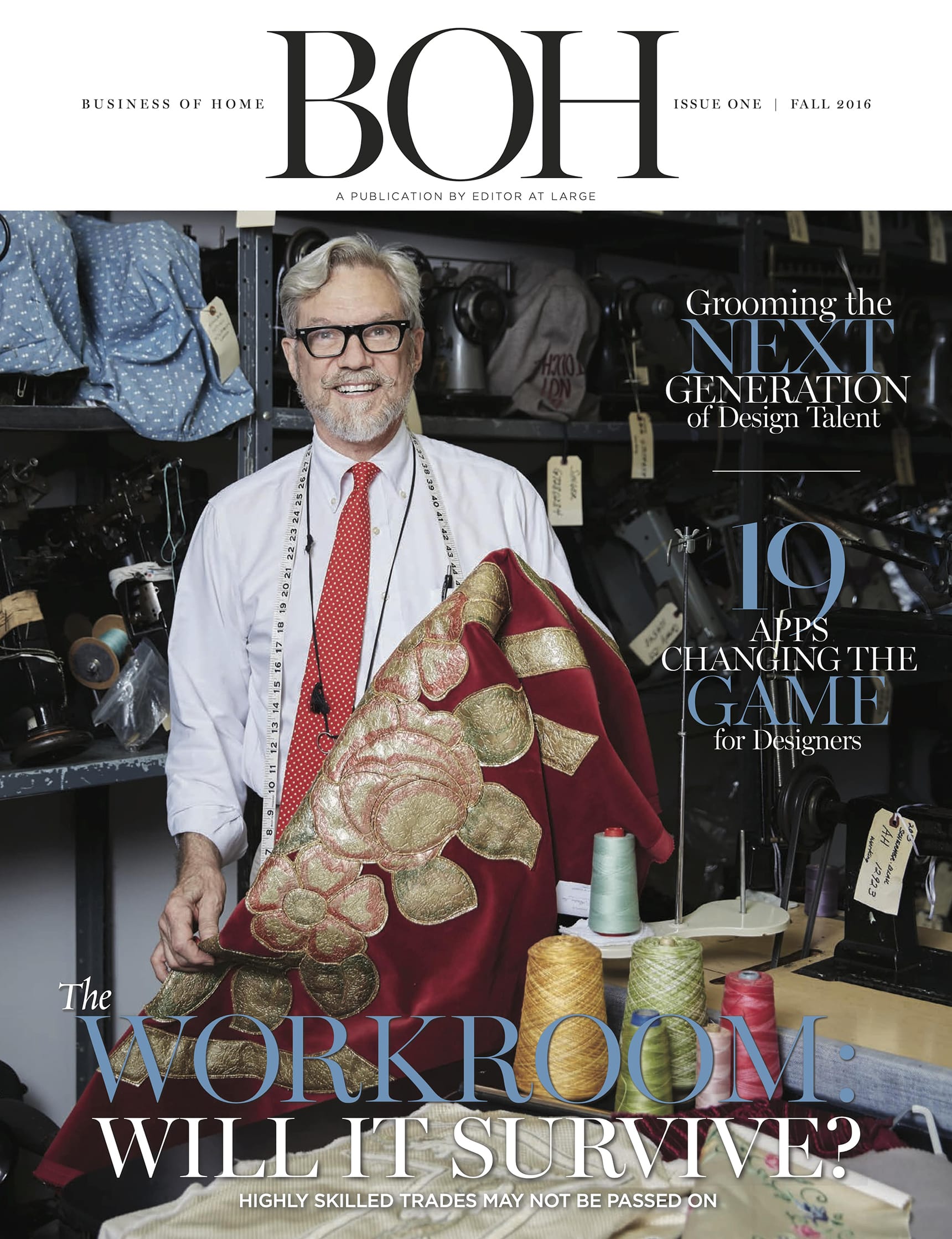Deborah Berke decided at an early age that she was going to become an architect. When she founded her own firm, Deborah Berke Partners, in 1982, she couldn’t have predicted the trailblazing success that followed—or the path toward teaching. But as the dean of the Yale School of Architecture reflects on it now, it all makes sense.
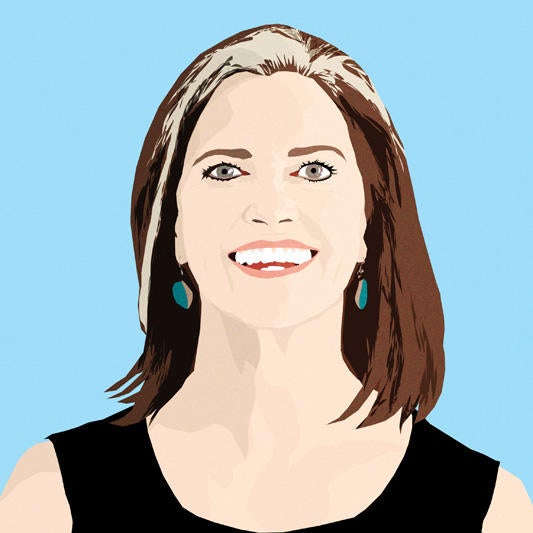
I have had my own business—now with partners, of course—for a long time. So I learned, not so much from summer jobs as a kid, but when I opened my own business.I started off on my own, and then employed a couple of other people. That grew into a substantial architecture and design business over time. Architecture is a group effort; what I have learned over the years is to be supportive and respectful of everybody in our firm.
I decided I was going to be an architect when I was 14 and focused on that as a plan for life. My role as an educator came a little later; it had a lot to do with opening my own business with both very little experience and no money. I started teaching because I loved it, and also because it provided a steady albeit small paycheck. My mom had been a professor at the Fashion Institute of Technology, so the environment of teaching in the design world was something that I’d grown up with. Becoming an architect was an absolute decision, but education came as a series of decisions, each one revealing that teaching was really satisfying and fulfilling.
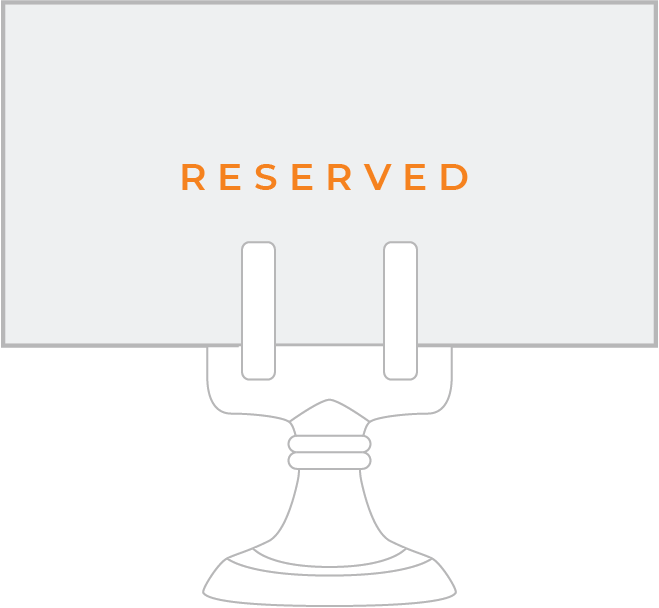
BOH subscribers and BOH Insiders.

















